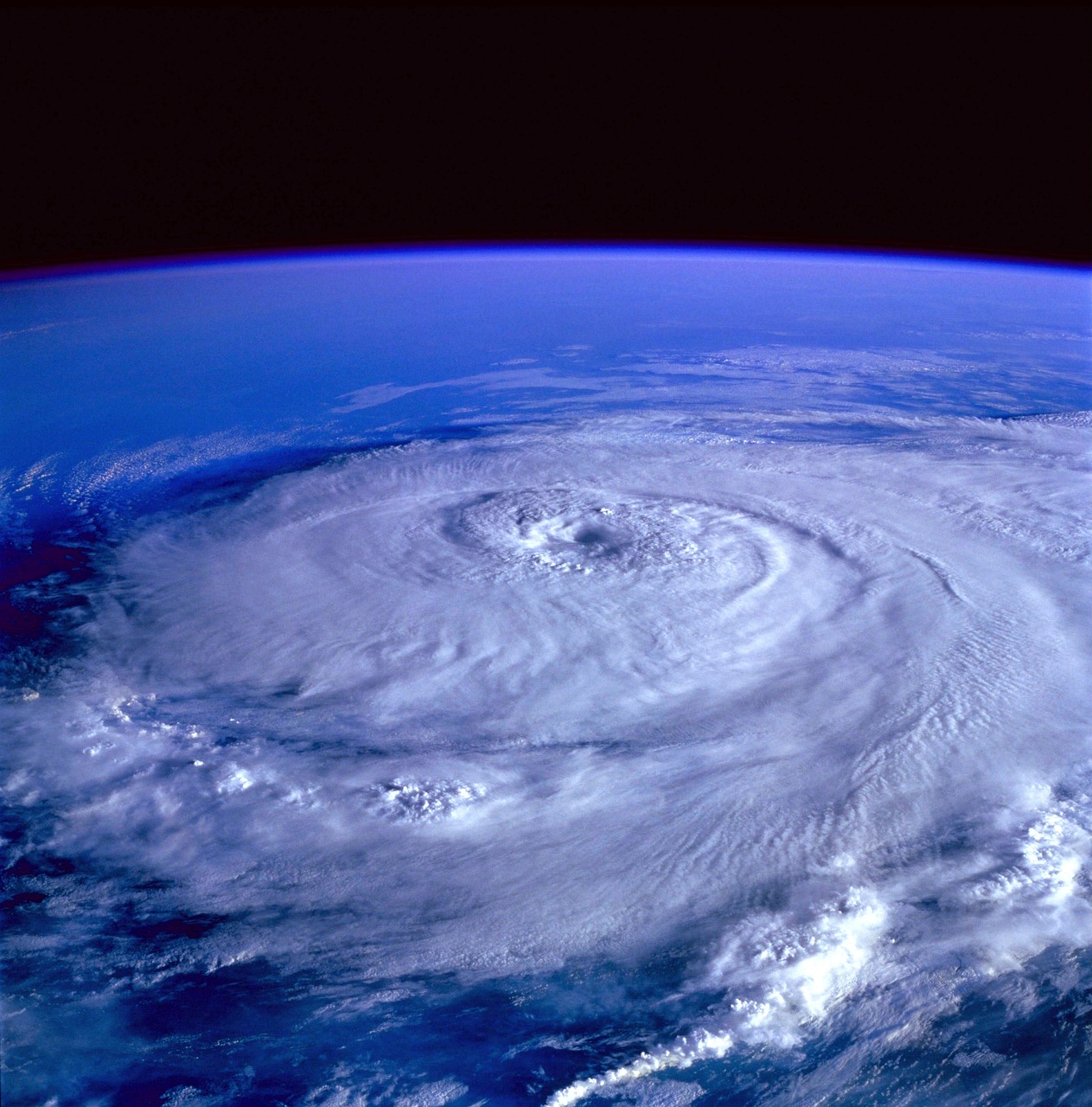
As a nonprofit committed to leveraging health data and technology to improve patient outcomes, the Patient Care Intervention Center (PCIC) team understands the importance of being prepared for emergencies. In Texas and other coastal regions, hurricane season can disrupt not only daily routines but also critical health services, making preparation crucial for individuals, families, and healthcare providers alike.
To help you stay safe and ready, we’ve compiled a list of essential hurricane preparedness tips to protect your loved ones and ensure that you’re ready when a storm threatens.
1. Create an Emergency Kit
One of the first steps in hurricane preparedness is ensuring you have an emergency kit ready to go. Essential items include:
- Non-perishable food and water: Ensure you have at least a 3-day supply for each family member.
- First aid supplies and medications: Include bandages, antiseptic, necessary prescriptions, and any essential medical devices.
- Flashlights, batteries, and a battery-powered radio: You’ll need these to stay informed and safe if the power goes out.
2. Develop a Family Emergency Plan
It’s vital to have a plan in place for your family so that everyone knows what to do in case of a hurricane. This should include:
- Identifying a safe room: A windowless interior room on the lowest level of your home.
- Planning evacuation routes and meeting places: In case your family needs to leave your home.
- Practicing your plan regularly: Ensure all family members are familiar with it.
3. Stay Informed
Knowledge is your best tool in staying safe. Make sure to:
- Monitor weather forecasts: Stay updated from trusted sources.
- Sign up for local emergency alerts: Stay informed about evacuation orders and other critical information.
- Have a NOAA Weather Radio on hand for real-time updates.
4. Protect Your Home
Taking steps to protect your home can minimize damage during a storm. Simple precautions include:
- Securing windows and doors: Use storm shutters or plywood.
- Bringing in outdoor furniture: Secure loose items that could become projectiles.
- Trimming trees and shrubs: Minimize the risk of branches causing damage.
5. Know Your Evacuation Zone
Familiarize yourself with your community’s evacuation plan and evacuation zones. It's essential to:
- Learn your community’s evacuation routes: Plan how you would leave your area if necessary.
- Follow local officials’ instructions: During an evacuation order.
- Have a plan for your pets: Identify pet-friendly accommodations ahead of time.
6. Stay Connected
Maintaining communication during and after the storm is vital. Take these steps to stay connected:
- Charge all electronic devices: Keep backup power sources on hand.
- Keep a list of emergency contacts: In case of phone or internet service outages.
- Use social media responsibly: Stay updated and let others know your status, but avoid sharing unverified information.
At PCIC, we believe in empowering both individuals and healthcare providers with the knowledge and resources they need to manage emergencies effectively. By preparing ahead of time and staying informed, you can help protect your family and your community from the worst impacts of a hurricane. Remember: preparedness is not just a personal responsibility—it’s a community effort. Stay safe, stay informed, and be ready for whatever comes your way.
Stay connected with PCIC
For more health-related tips and resources, follow PCIC on our social media channels or visit our website. Together, we can build resilient communities ready to face any challenge!


